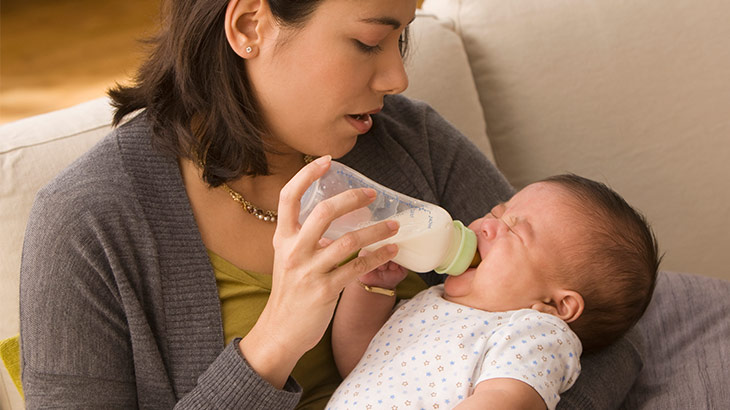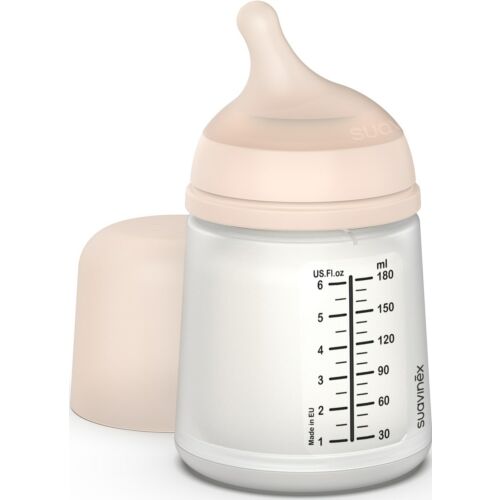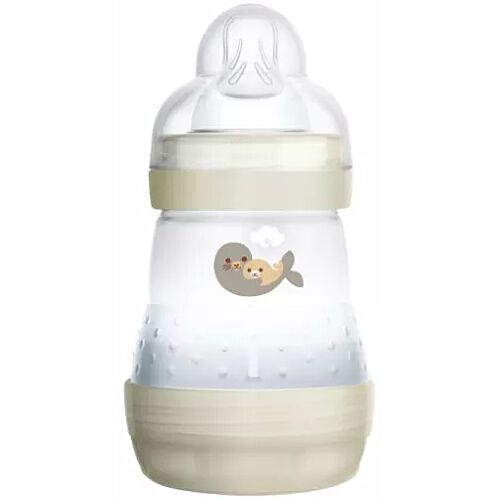Colic is one of the most common reasons babies cry for long periods, leaving parents feeling confused and worried. But what exactly is colic — and why does it happen? More importantly, how can you help prevent it and keep your baby comfortable?
What Is Colic?
Colic is when a healthy baby cries intensely for hours without an obvious cause like hunger or a dirty diaper. It usually starts a few weeks after birth and often improves by 3 to 4 months of age.
The main reason behind colic is usually tummy discomfort caused by gas. When babies feed, they often swallow some air along with their milk. This trapped air creates bubbles in their stomach, causing a bloated and uncomfortable tummy. Because their digestive system is still developing, this gas can cause pain and make them cry more.
Signs Your Baby Might Have Colic
-
Crying loudly and intensely for several hours a day
-
Crying often happens in the late afternoon or evening
-
Baby pulls their legs up, clenches fists, or arches their back
-
Difficult to soothe even after feeding or rocking
How to Help Prevent and Reduce Colic
1. Feed Your Baby in an Upright Position
Keeping your baby upright during feeding helps prevent them from swallowing too much air, which reduces gas buildup.
2. Use a Good Anti-Colic Bottle
One of the best ways to reduce colic caused by swallowed air is by using an anti-colic baby bottle. These bottles are specially designed with vents or valves that allow air to flow into the bottle rather than into your baby’s tummy, reducing gas and fussiness.
Top Anti-Colic Bottles to Try:
Suavinex Zero Zero Anti Colic Bottle 180ml (Slow Flow 0M+)
MAM: Easy Start Anti Colic Bottle 160ml
Dr. Brown's: Options+ Anti-Colic Wide Neck Bottle 9oz/270ml
Using the right bottle can make feeding time smoother and more comfortable for your baby.
3. Burp Your Baby Often
Pause feeding to gently burp your baby several times during and after a feed. This helps release any trapped air before it causes discomfort.
4. Be Mindful of Your Diet if Breastfeeding
Certain foods like dairy, caffeine, and spicy dishes can cause your baby to be more gassy. Pay attention to any patterns and adjust your diet if needed.
When to Contact Your Doctor
If your baby’s crying is very intense, or if you notice symptoms like fever, vomiting, diarrhea, or blood in the stool, talk to your pediatrician immediately.
Remember: Colic is usually temporary and not caused by anything you’re doing wrong. With patience, love, and simple steps like using an anti-colic bottle, you can help your baby feel more comfortable and get through this phase smoothly.

















